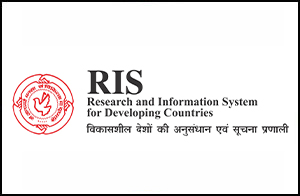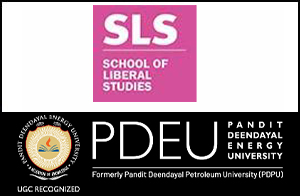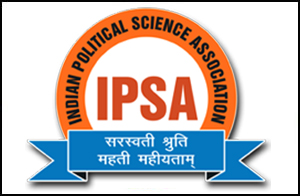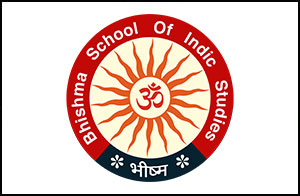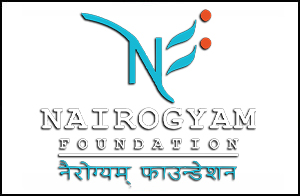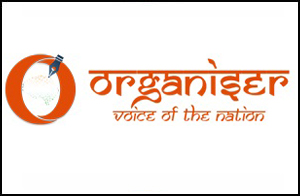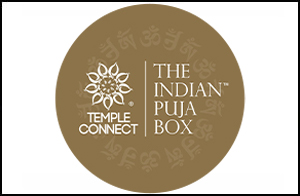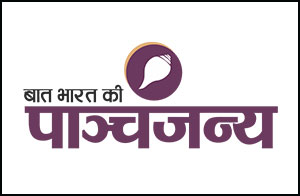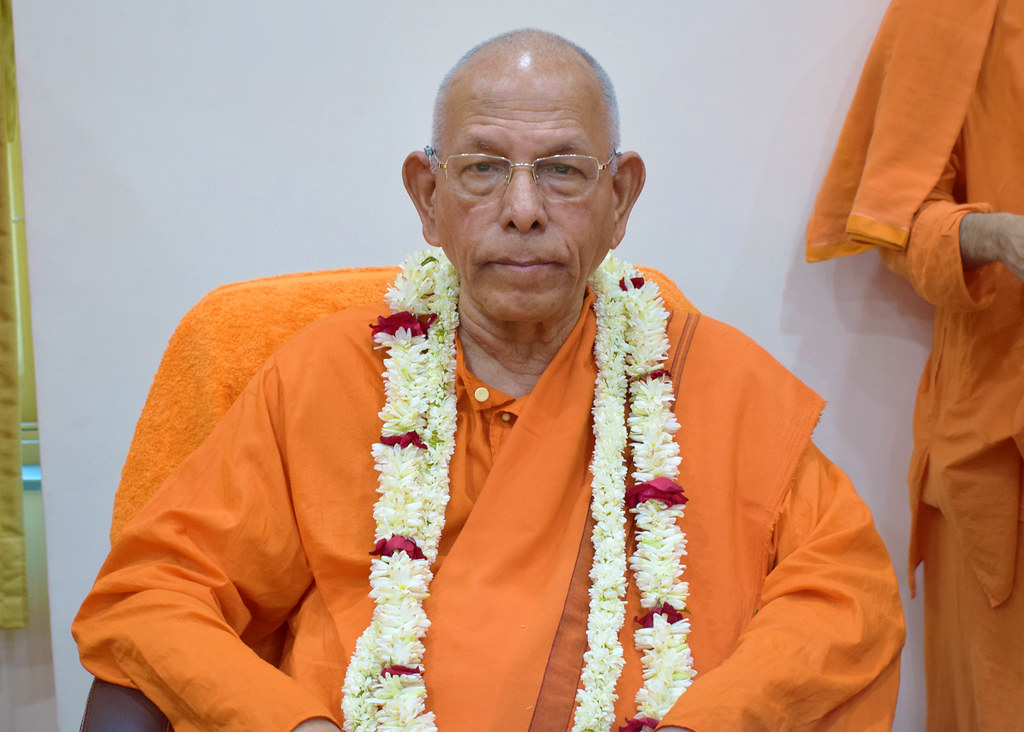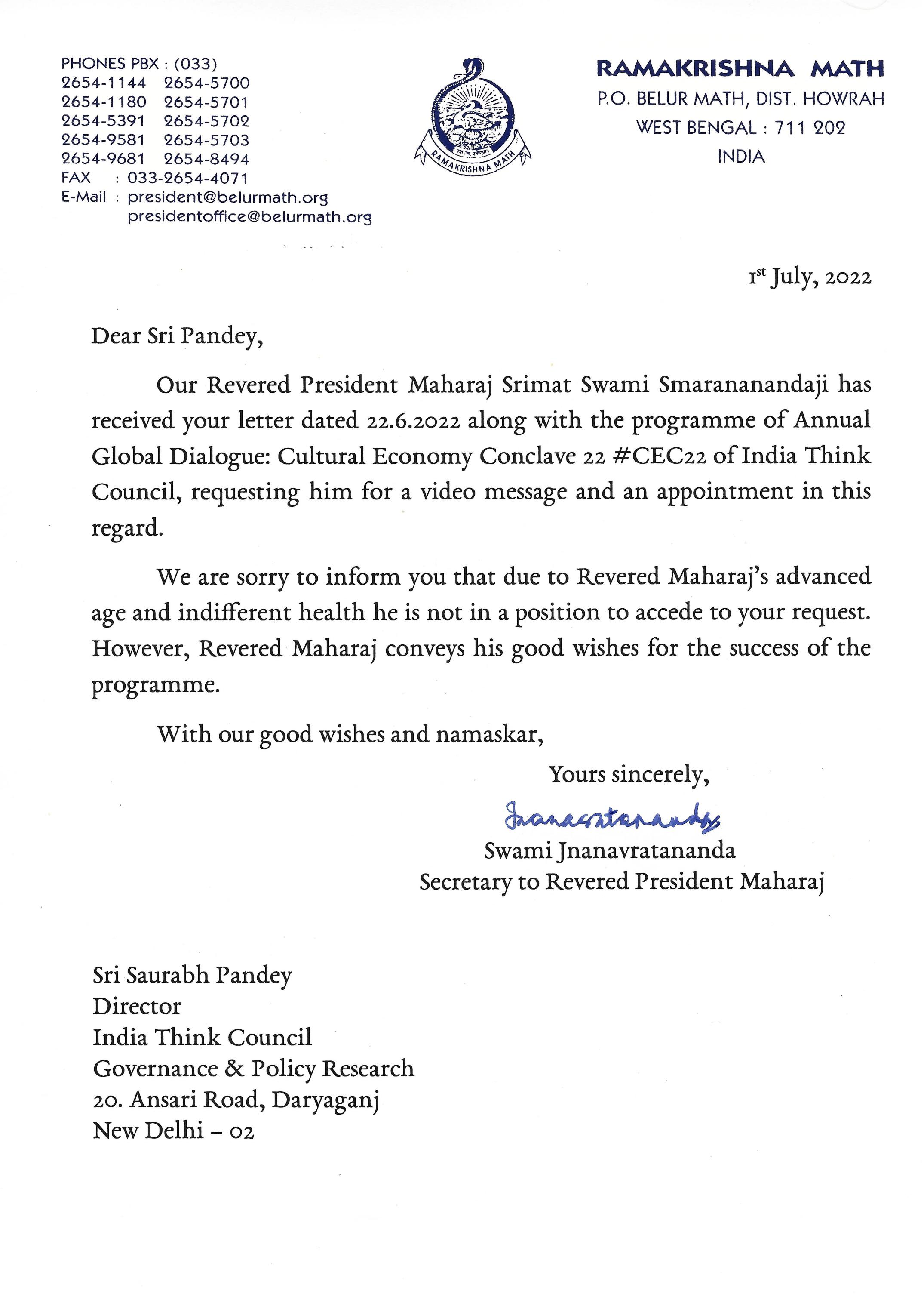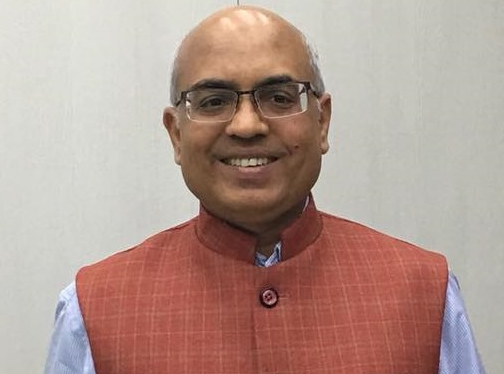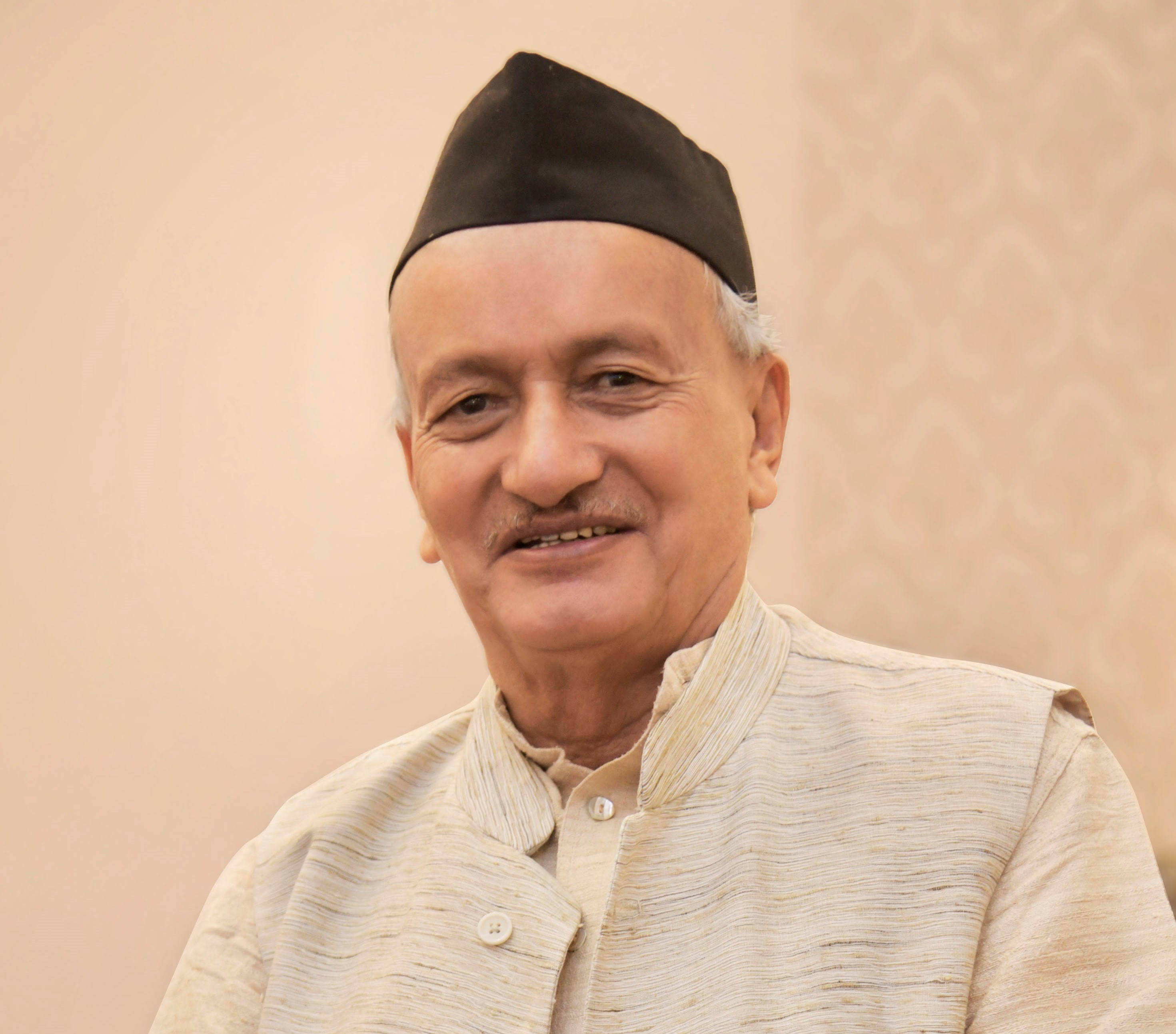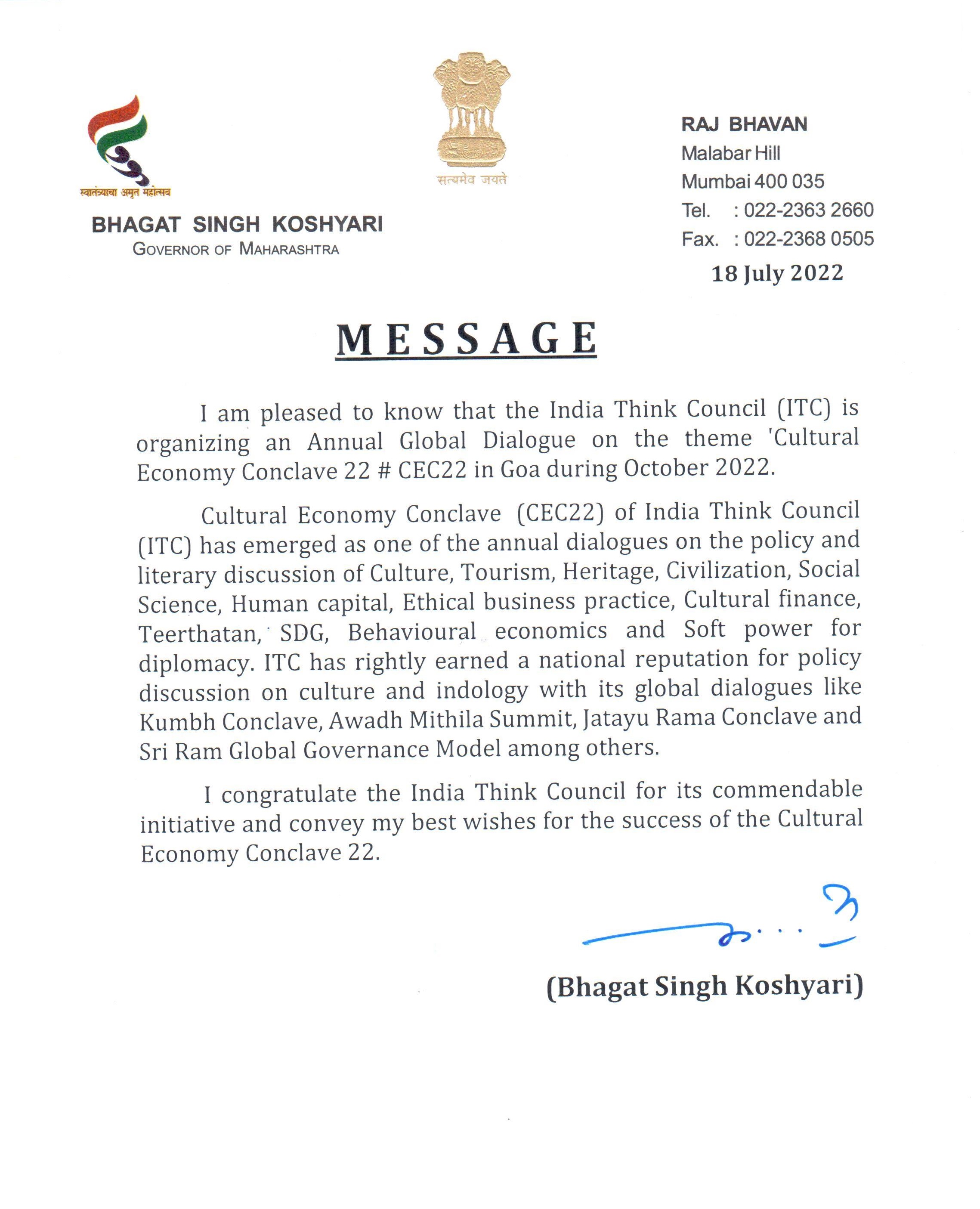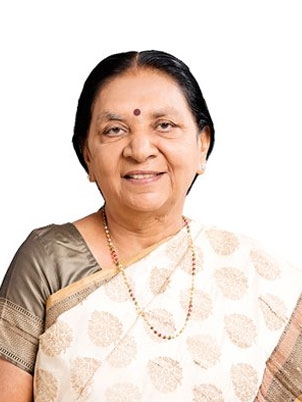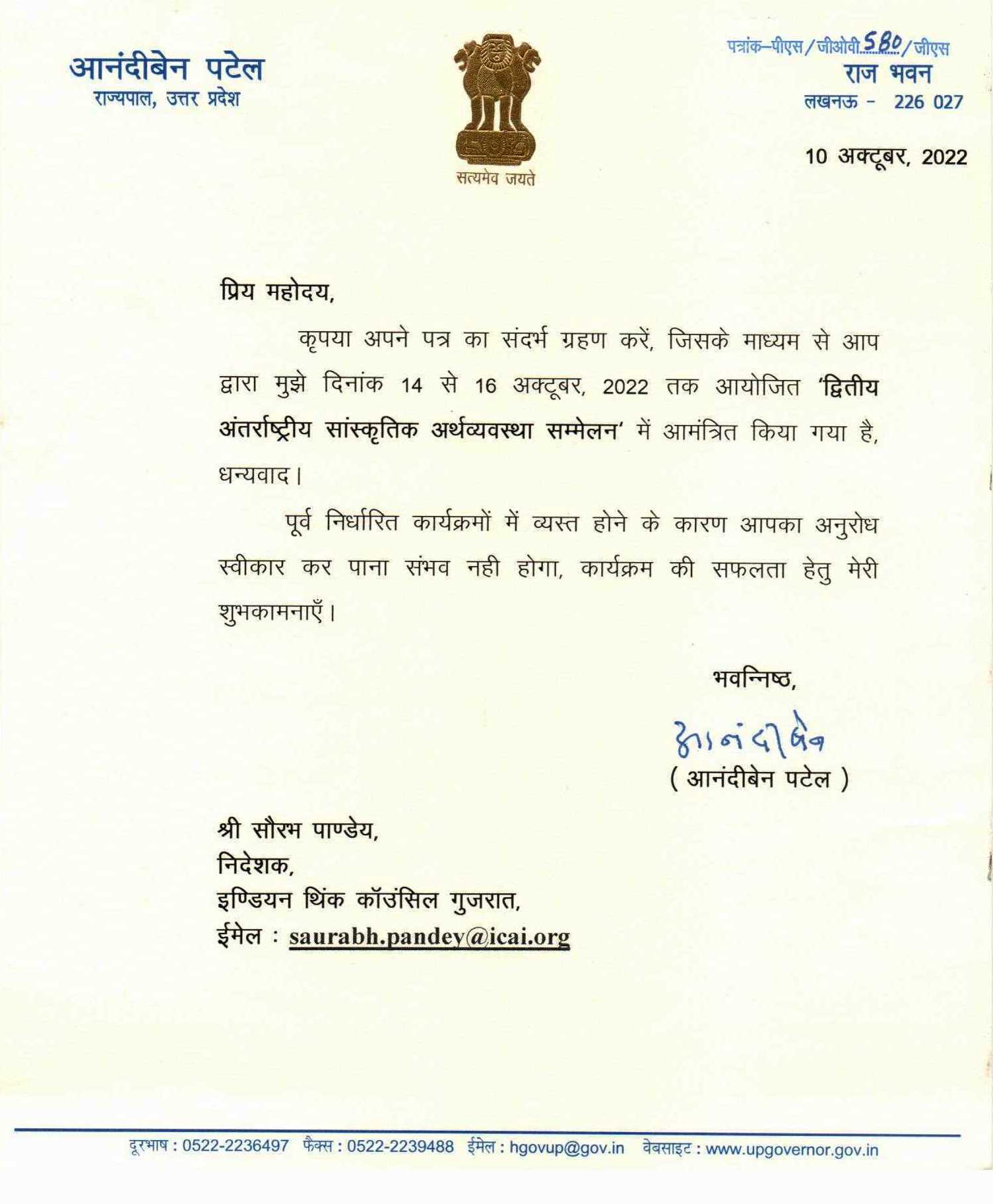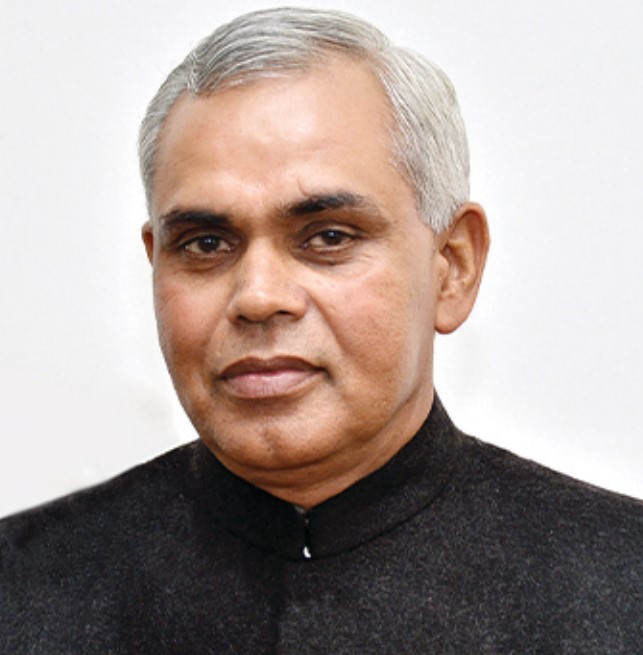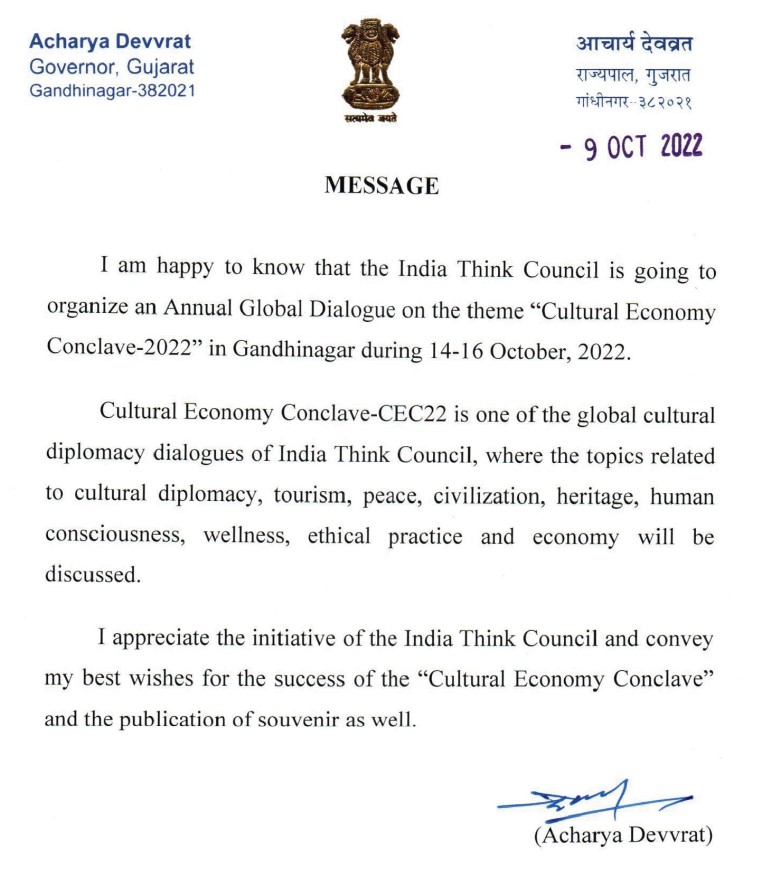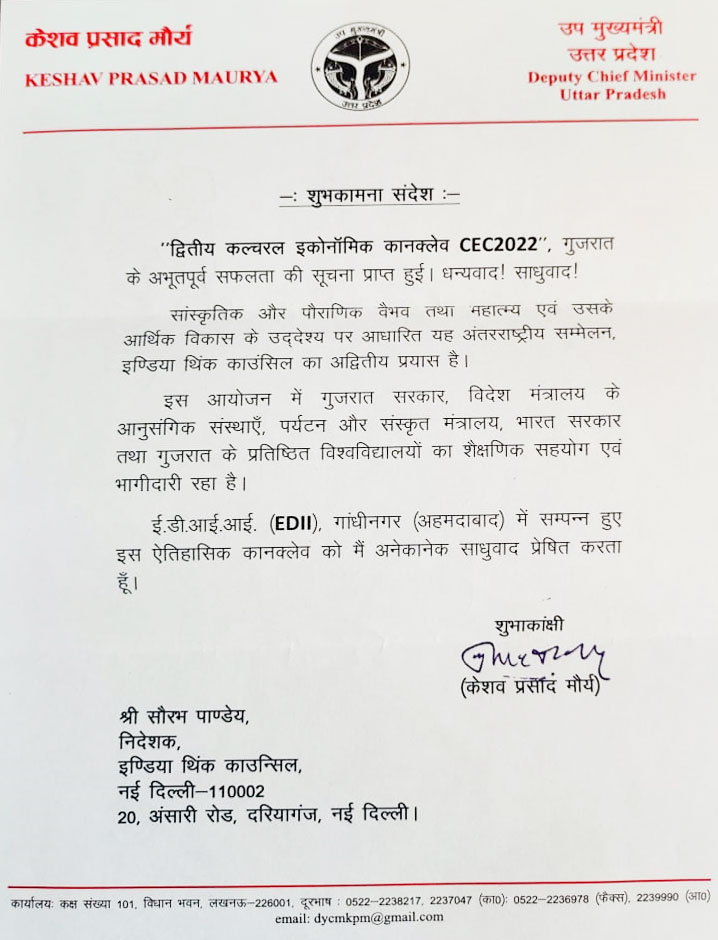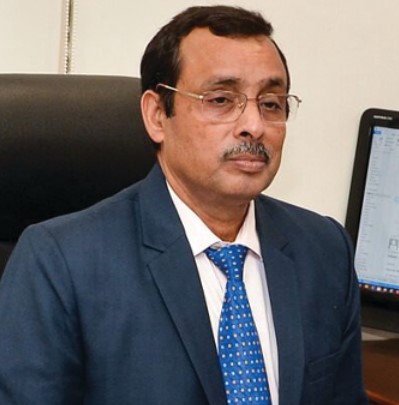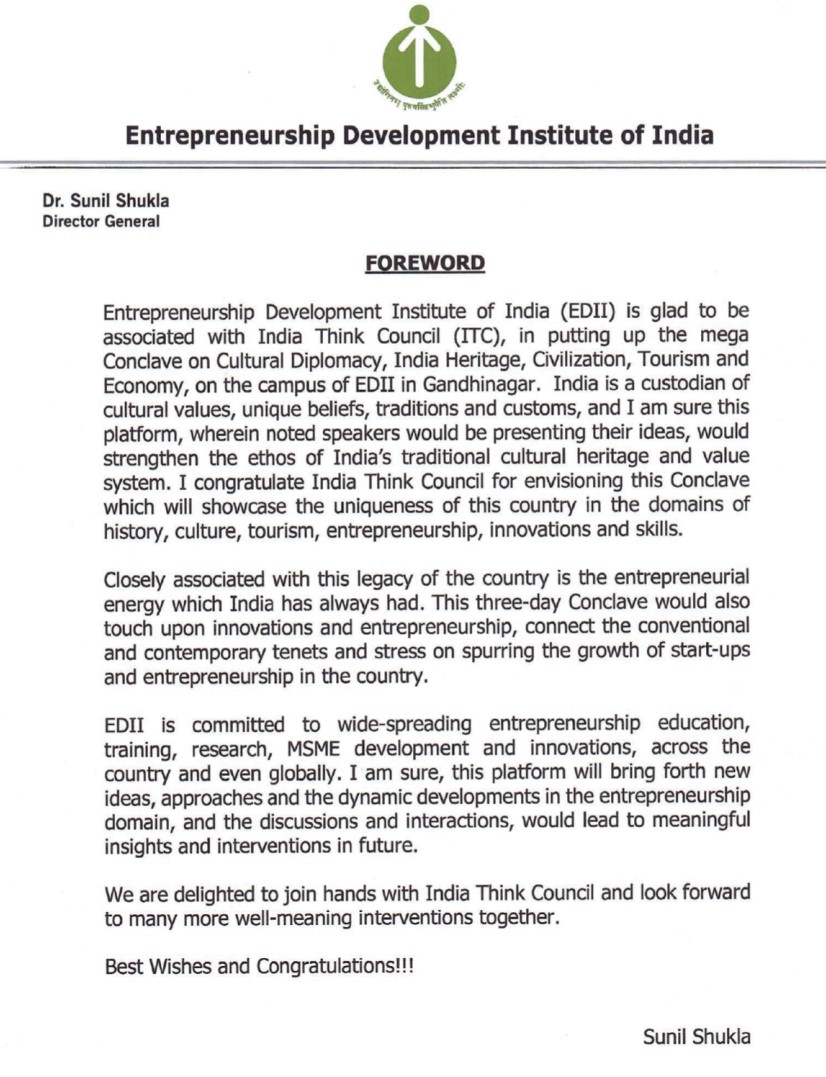Program Agenda
Day 1: Inaugural Session: 14th Oct. 2022, Friday
Venue: Main Hall: Conference Hall (प्रेक्षागृह), EDII, Gandhinagar 2:00-3:30 PM
- • Hon. Prime Minister of India**
- • Hon. Chief Minister – Gujarat* (Or Representative)
- • Pujya Swami Parmatmanand Ji, Gen. Secretary of Acharya Sabha
- • Shri Ashwini Kumar Choubey Ji, Hon. Union Minister of State for Consumer Affairs, Food and Public Distribution and Ministry of Environment, Forest and Climate, Govt. of India
- • Shri Shripad Y. Naik, Hon. Union Minister of Tourism (MoS), Govt. of India *
- • Shri Kummanam Rajasekharan, Former Governor Mizoram & Member Padmnabh Swami Temple Trust and Trustee Jatayu Rama Temple, Kerala
- • Shri Gopal Krishna Agrawal, National Spokesman, BJP and Chair of CEC22
- • Prof. Sunil Shukla DG of EDII, Gandhinagar
- • Prof. Ami Upadhyay VC of BAOU, Ahmedabad
Video Messages for CEC22: Hosted at EDII/ITC Portal
- • Chief Minister –
- • Chief Minister – Uttar Pradesh Chief Minister – UK, Chief Minister - MP
- • Chief Minister – Madhya Pradesh
- • Pujya Swami Awadheshanand Ji, Harihar Ashram
- • Pujya Swami Ramdev Ji, Patanjali Yogpeeth
- • Shri Govind Dev Giri Ji, Treasurer Sri Ram Janmbhumi Teerth Kshetra and Shri Krishna JanmBhumi Teerth
- • Ambassador Akhilesh Mishra, Ireland (Video/Online)
- • Shri Sachin Chaturvedi – DG, RIS New Delhi
- • Shri Amish Tripathi, Director, The Nehru Centre, London
- • Dr. Chinmay Pandya, Pro Vice Chancellor -Dev Sanskrit University, Haridwar (Video)/Shantikunj (World Gayatri Parivar)
- • PP Swami Chinna Jiyar – Statue of Equality, Telangana
- • Prof. Sunaina Singh, Hon. VC Nalanda University (Online)
High Tea: EDII, Inaugural Venue (प्रेक्षागृह)
_______________________________________________________________________________
Day 1: Technical Session: 14th Oct. 2022 Friday
Venue: Conference Hall (प्रेक्षागृह), EDII, Gandhinagar
4:30-5:30 PM
1. Cultural economy in India: Understanding the role and contribution to the national economy (माध्वीर्नः सन्त्वोषधीः)
Speakers: Welcome Remarks: Durgesh K Rai, Fellow, RIS, New Delhi
Chair: Dr. Seshadri Chari, Member of Governing Council, RIS, New Delhi
and Chairman, China Study Centre MAHE, Manipal
Panelists:
1. Anurag Saxena: CA and Co-Founder India Pride, Singapore
2. Sandeep Singh: Founder of www.swastik.net.in and Author
3. Dr. V. Selvakumar (Online): Associate Professor, Department of Maritime History and marine Acheology & Head and Coordinator, Venture for Indian Ocean Studies, Tamil University
4. Dr. Shruti Kikani Anerao: Professor, Gujarat Technological University and Head of Dharohar- Centre of Indian Knowledge System, Academic Advisor – Bhishm School of Indic Studies
Repertoire: Swati Rawat, Pooja Sharma, Gunjan Sharma Tea Break: 5:30 -5:40 PM
_______________________________________________________________________________
Day 1: Technical Session: 14th Oct. 2022 Friday
Venue: Conference Hall (प्रेक्षागृह), EDII, Gandhinagar
5:40-6:45 PM
2. Religious conflicts and resolution सत्यं सत्येन दृश्यते
Speakers
Chair: Swami Parmatmanand Saraswati, Gen. Secretary of Acharya Sabha
Panelists:
1. Prof. Sampadanand Mishra, Faculty of Rishihood University, Sonipat
2. Prafull Ketkar, Editor, Organiser
3. Parashuram Kaphle Special Correspondent (Foreign and Strategic Affairs), Naya Patrika Daily, Kathmandu, Nepal
Moderator: Harsh Vardhan Tripathi, Sr. Journalist and Fellow of SPMRF, New Delhi
Repertoire: Swati Rawat, Pooja Sharma, Gunjan Sharma
Dinner at EDII: 6:45 PM Onwards with Doc. Film of Mr. Nikhil Singh, Mumbai (Blood Buddha)
__________________________________________________________________________
Day 2: Technical Session: 15th Oct. 2022 Saturday: Plenary Session
Venue: Conference Hall (प्रेक्षागृह), EDII, Gandhinagar
9:30-10:30 AM
3. Indic Culture, Institutions and NEP नास्ति विद्यासमं वित्तं, नास्ति विद्यासमं सुखम्
Speakers
Chair: Prof. Sanjay Paswan, Former Union Minister & MLC Bihar
Panelists:
1. Prof. Manoj Dixit, Former VC & Head, Dept. of Political Science, Lucknow University
2. Manoj Kumar Shrivastava, retd. IAS, Bhopal
3. Dr. Narendra Joshi, Academic Director, Bhishma Indic Institution, Pune
4. Prof. Nigam Dave, School of Liberal Studies -PDEU, Gandhinagar
Moderator: Prof. Parikshat Singh Manhas, Faculty of University of Jammu
Repertoire: Dr. Subhash Kumar (SoS), Dr. Jay P. Singh (SoE), Central University of Gujarat
Tea Break 10:30-10:35 AM
____________________________________________________________________________
Day 2: Technical Session: 15th Oct. 2022 Saturday: Plenary Session
Venue: Board Room, EDII, Gandhinagar,
10:35-11:35 AM
4. Attaining SDG 3; Role of Traditional Medicine Systems (योगाग्निमयं शरीरम्)
Speakers
Wecome Remarks: RIS, New Delhi
Chair: RIS, New Delhi
Panelists:
1. Ms. Namrata – RIS, New Delhi
2. Dr Nitin Agrawal, Managing Director of Bliss Ayurveda, Gr. Noida
Moderator:
Repertoire: Swati Rawat, Pooja Sharma
Tea Break 11:35-11:40 AM
_______________________________________________________________________________
Day 2: Technical Session: 15th Oct. 2022 Saturday
Venue: Conference Hall (प्रेक्षागृह), EDII, Gandhinagar
10:35-11:35 AM
5. Dharmik Development and sustainability स्वस्मै स्वल्पं, समाजाय सर्वस्वं
Speakers
Chair: Shri Kummanam Rajasekharan, Former Governor Mizoram & Member Padmnabh Swami Temple, Trivendrum and Jatayu Rama Centre, Kerala
Panelists:
1. Awanish Awasthi, IAS, Advisor to Chief Minister – UP
2. Padma Shri Audus Indra Udayana, Founder & Chairman Ashram Gandhipuri, Bali, Indonesia
3. Prof. Sanjeev Sharma, Former VC MGCU & Gen. Sec. IPSA
4. Alok Pandey, IAS, MD & Commissioner, Gujarat Tourism
5. Manoj Kumar Shrivastava, retd. IAS
Moderator: Prafull Ketkar, Editor Organiser
Repertoire: Swati Rawat, Pooja Sharma, Kritesh Kumar, Niranjan Patel
Tea Break 11:35 PM-11:40 PM
___________________________________________________________________________
Day 2: Technical Session: 15th Oct. 2022 Saturday
Venue: Conference Hall (प्रेक्षागृह), EDII, Gandhinagar
11:40-12:40 PM
6. Tourism, Heritage, Pilgrimage and Investment in India
गायन्ति देवा: किल गीतकानि धन्यास्तु ते भारत भूमि भागे । स्वर्गापवर्गास्पद हेतुभूते भवन्ति भूय: पुरुषा: सुरत्वात ॥
Speakers
Chair: Prof. Manoj Dixit, Former VC & Head, Dept. of Political Science, Lucknow University
Panelists:
1. Vishal Singh, IAS, VC ADA & Commissioner Ayodhya Nagar Nigam
2. Anurag Saxena, Co-Founder India Pride, Singapore
3. Prof Abhijit Jog, Advisor – Bhishma Indic. Institute, Pune
4. Prof. Parikshat Singh Manhas, Faculty of University of Jammu
Closing Remarks: CA. Gopal Krishna Agrawal, National Spokesman -BJP and Chair of CEC22
Moderator: Abhijeet Sinha, Director – EODB & ASSAR, New Delhi
Repertoire: Swati Rawat, Pooja Sharma, Niranjan Patel
Tea Break 12:40-12:45 PM
__________________________________________________________________________
Day 2: Technical Session: 15th Oct. 2022 Saturday
Venue: Conference Hall (प्रेक्षागृह), EDII, Gandhinagar
12:45-01:50 PM
6. Religious places and government monitoring (अन्यत्र हिकृतं पापं, तीर्थ मासाद्य नश्यति)
Speakers
1. Ajeet Bharti, Co-Founder of DO Politics
2. Harshvardhan Tripathi, Sr. Fellow of SPMRF and Sr. Journalist, New Delhi
3. Dr Prashant Kunjadiya, Anand, Gujrat, Advisor, Bhishma Indic
4. Rakesh Tripathi, Spokesman BJP (UP) and Faculty ITC
Moderator: Anuraag Saxena, Co-founder India Pride, Singapore
Repertoire: Swati Rawat, Pooja Sharma
Lunch 01:50-2:30 PM
____________________________________________________________________________
Day 2: Technical Session: 15th Oct. 2022 Saturday
Venue: Board Room, EDII, Gandhinagar,
2:30-03:35 PM
5. Economics of Scale in pilgrimage and heritage
अत्रापि भारतं श्रेष्ठं जम्बूद्वीपे महामुने। यतोहि कर्मभूरेषा ह्यतोन्या भोगभूमय:।
Speakers
1. CA. Gopal Krishna Agrawal, National Spokesman -BJP& Independent Director BPCL
2. Prof Kshitij Patukale, Pune Founder Director, Bhishma Indic. Institute, Pune
3. Dr. Ranita Nagar, Professor of Economics -GNLU
4. Sandeep Singh, Author of Temple Economics
5. Parashuram Kaphle Special Correspondent (Foreign and Strategic Affairs), Naya Patrika Daily, Kathmandu, Nepal
Moderator: Dr. Sriram Divi, Associate Professor, SOS, PDEU, Gandhinagar
Repertoire: Swati Rawat, Gunjan Sharma, Niranjan Patel, Kritesh Shrivastva
Tea Break 3:35 - 3:40 PM
__________________________________________________________________________
Day 2: Technical Session: 15th Oct. 2022 Saturday
Venue: Manthan Room, EDII, Gandhinagar
2:30-03:35 PM
7. Inclusive Growth: Tribes Tradition, Technology (संगच्छध्वं संवदध्वं)
Speakers
1. Prof. Sanjay Paswan, Former Union Minister & MLC Bihar
2. Prof. Sanjeev Sharma, Former VC MGCU & Gen. Sec. IPSA
3. Hitesh Shankar, Editor, Panchjanya
4. Dr Vidyadhar Vaidya, Convenor, Bhishma Council for Indian Knowledge Systems
5. Dr. Amit Bhattacharya, Director RIDA, Kolkata
6. Rakesh Tripathi, Spokesman BJP UP and Faculty ITC
Moderator: Dr. Tapas Kumar Dalapati, Professor, School of Social Sciences, CUG
Repertoire: Dr. Milind Solanki, Assistant Professor, SoL, Literature and Culture Studies, CUG.
Tea Break 3:35- 3:40 PM
__________________________________________________________________________
Day 2: Technical Session: 15th Oct. 2022 Saturday
Venue: Board Room, EDII, Gandhinagar
3:40 - 4:45 PM: Special Session by NCPCR, New Delhi
7. Cultural Heritage of Child Development & rights (स्वयमेव मृगेंद्रता)
युक्ति युक्तं प्रगृह्णीयात् बालादपि विचक्षणः।
रवेरविषयं वस्तु किं न दीपः प्रकाशयेत्॥
Speakers:
1. Prof. Harshal Bhai Shah, Former VC Children’s University, Gandhinagar
2. Shri Priyank Kanoongo, Chairman – NCPCR
3. Prof. Sampadanand Mishra, Prof. Rishihood University, Sonipat
Moderator: Harshvardhan Tripathi, Sr. Fellow of SPMRF and Sr. Journalist, New Delhi
Repertoire: Swati Rawat, Gunjan Sharma, Pooja Sharma
Tea Break 4:45- 4:50 PM
____________________________________________________________________________
Day 2: Technical Session: 15th Oct. 2022 Saturday
Venue: Chintan II, EDII, Gandhinagar
3:40-4:45 PM
7. Humanitarian Economics and Consciousness योगश्चित्तवृत्तिनिरोधः
Speakers
Chair: Pujya Swami Parmatmanand Ji, Gen. Secretary of Acharya Sabha
Panelists:
1. Padma Shri Audus Indra Udayana, Founder & Chairman Ashram Gandhipuri, Bali, Indonesia
2. Prof. Pradeep Mallik, SOS, PDEU, Gandhinagar
3. Dr. Alka Gupta, Founder Agath Health Care, Bangkok, Thailand
4. Dr. Shrish Pandey, Director, Nairogyam Foundation, Bengaluru
Moderator: Dr. Harmik Vaishnav, Associate Professor, SOS, PDEU, Gandhinagar
Repertoire: Swati Rawat, Pooja Sharma Tea Break 4:45- 4:50 PM
____________________________________________________________________________
Valedictory Session
Day 3: 16th Oct. 2022 Sunday
_____________________________________________________________________________
Venue: Dr. Babasaheb Ambedkar University (BAOU), Ahmedabad (Gujarat)
10:00-11:30 AM
• Hon. Union Minister, Govt. of India*
• Hon. Union Minister, Govt. of India*
• Shri Mukul Kanitkar, Organising Secretary, Bharat Shikshan Mandan
• VC BAOU, Ahmedabad
• Hon. Minister of Culture –Govt. of Gujarat
• Pujya Swami Parmatmanand Ji, Gen. Secretary of Acharya Sabha
• DG – EDII, Gandhinagar
• Editor, Organiser
• Editor, Panchjanya
12:00 PM





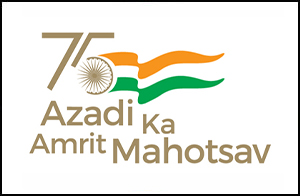
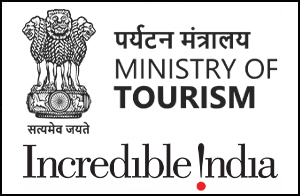
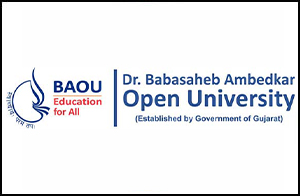
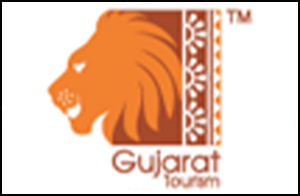
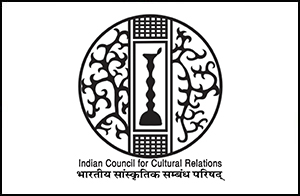

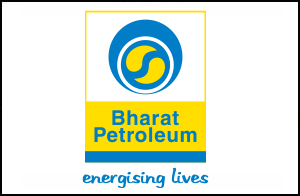
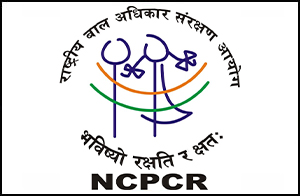
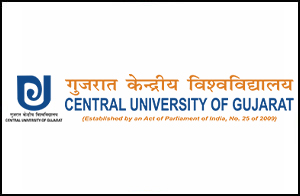
.jpg)
